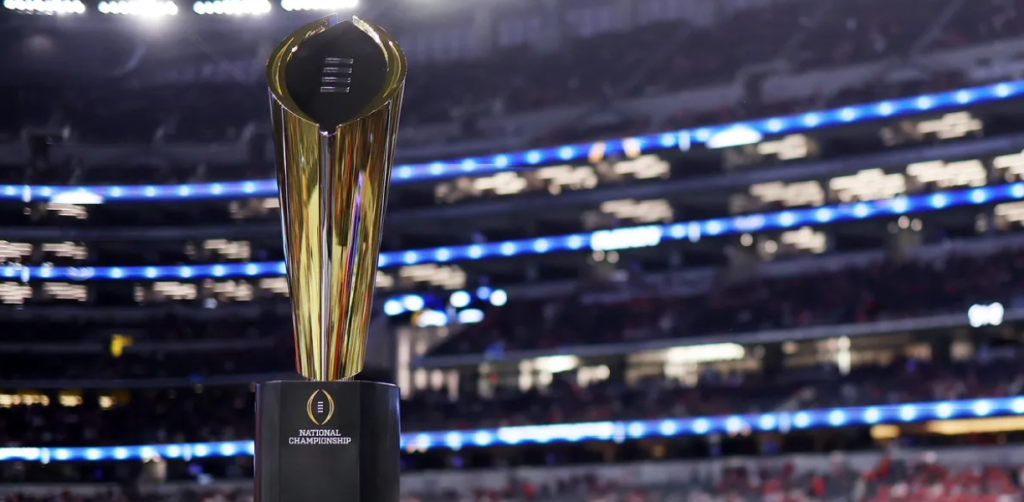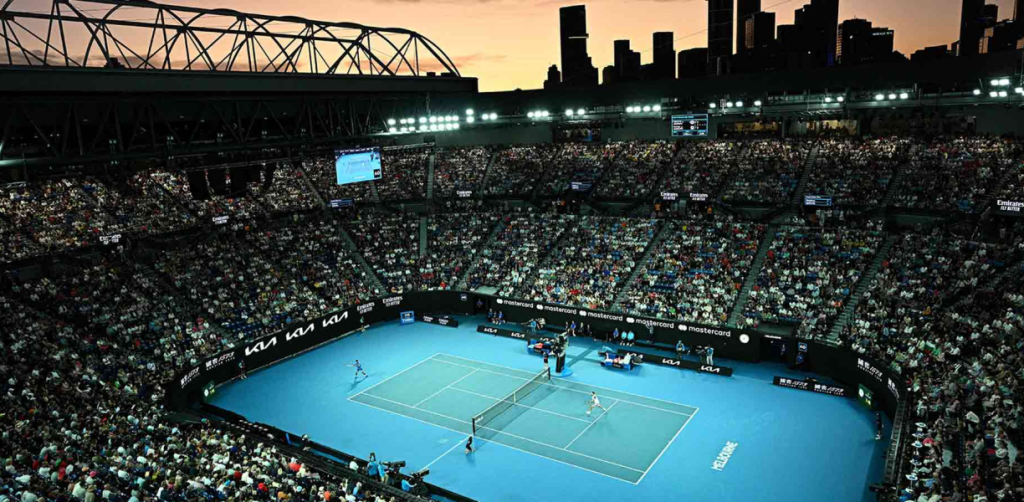The MLB post season which brings with it a pressure to perform.
Every pitch, plate appearance, catch, throw and coaching move is scrutinized more than the regular season.
In a sport that elevates players as legends based on their ability to fail less than others, the post-season can be unforgiving.
Performing Under Pressure
Often it is the team and athlete who can show resilience and strength under pressure that excels and progresses until they win the World Series.
“We saw Matthew Boyd crying in his press conference on Monday when he was describing what it meant to him to be pitching game one at Wrigley Field and thinking about his grandpa growing up a Cubs fan,” said Geoff Miller, a CMPC who has spent over two decades working with MLB players and organizations including Pittsburgh Pirates, Washington Nationals, Atlanta Braves, Los Angeles Angels, and Philadelphia Phillies.
“Every player has something personal that matters to him every year and the playoffs bring those chances to win, to prove yourself, to bring a ring and a championship to your city and to yourself.
“The intensity is heightened for everyone, and every player and staff member must manage that intensity in order to perform and execute.
“I think everyone focuses on “pressure”, but they don’t always realize how controlling adrenaline and emotions plays into staying disciplined at the plate or keeping command of your fastball when your intensity is at a 10 instead of a 6.”
The Importance of Routines
So, what can athletes and coaches do to ensure that they can handle the pressure and ensure they are able to bring the right level of intensity to their performance?
Miller stresses the importance of routines.
“Having routines to help you relax and focus on what matters is critical,” Miller said.
“You want to be able to bring intensity down as much as possible and really make sure you’re using your eyes to keep your focus on whatever is most important for your success.
“I tell hitters to see the ball out of the pitcher’s hand and tell pitchers to stay focused on their targets.
“Position players should be reading the ball and swing through the hitting zone.”
Routines Vs Superstitions
Sometimes routines can turn into superstitions.
Miller warns that while superstitions are fine, it’s important that they don’t become derailers to your performance.
“In general, I always tell my clients that their routines need to be portable and adaptable,” Miller said.
“You need to be able to do your routines anywhere, without having to rely on your favorite hitting coach to throw you flips or enough time or space to do your complete pre-game routine, or to have a set of stretching bands or something else.
”I had a client who hit two home runs in a game, two games in a row this season. He told me that the rest of the week, he got his coffee and breakfast at the same place, did everything at the park the same, went to bed at the same time.
“These are fun parts of the game and it’s okay to believe in them, but if your routines make it so you “have to” do something in a certain way or you will feel unprepared without them, that becomes dangerous.
”I think we talk about dealing with adversity often and then we get too perfectionistic or obsessive with having exact and detailed routines. You need to get yourself ready to play. You need to be focused and ready to hit or throw a pitch or be ready at your position.
“But you don’t always have to fix your batting gloves or re-tie your shoes to maintain a routine.”
As the post-season progresses we will all watch to see which players are able to handle the big moments and deliver for their team.
If you want to learn more about routines and the mental skills used by the world’s best baseball players, Geoff Miller’s content is available within the OMP App.
Geoff Miller is a Certified Mental Performance Coach, consulting to Athletes, Organizations and Executives through his company Dots Miller, LLC.




